Advertisement
Research consistently shows that soy-based foods do not increase cancer risk
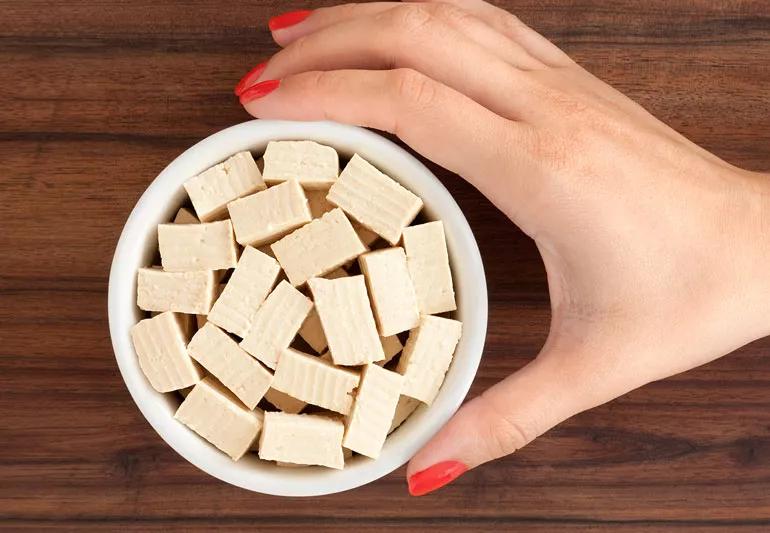
Does soy cause breast cancer? Given the increased interest in soy-based food and drinks, it’s safe to say that a lot of people want an answer to that question.
Advertisement
Cleveland Clinic is a non-profit academic medical center. Advertising on our site helps support our mission. We do not endorse non-Cleveland Clinic products or services. Policy
So, let’s get right to the point: Eating soy DOES NOT increase your risk for breast cancer. In fact, there’s plenty of research that suggests soy may offer some protection against getting the disease.
But rumors about soy and breast cancer continue to linger — and in truth, there are study-based explanations behind the misinformation.
Confused? Well, we don’t want that. So, let’s break down what the research shows and means to you with the help of two breast cancer specialists, oncologists Erin Roesch, MD, and Tiffany Onger, MD.
Soy products contain isoflavones, molecules similar to the hormone estrogen. That has led to theoretical concerns that soy could increase the risk of estrogen-sensitive cancers, including breast cancer.
Receptors (protein molecules) on breast cancer cells can attach to estrogen in your system and fuel the growth of cancer. That’s one reason higher levels of estrogen increase breast cancer risk.
But while isoflavones resemble estrogen, they don’t make the same bond with those receptors to serve as a catalyst for cancer cell growth. “That’s a big distinction,” says Dr. Roesch.
Clinical trials consistently show that the intake of isoflavone does not adversely affect the risk of breast cancer. These studies haven’t confirmed a link between eating natural soy and developing breast cancer.
Some research even goes a step further by suggesting soy provides a protective effect.
Advertisement
There’s no shortage of studies either: Soy-related research generates about 2,000 papers a year on PubMed, a database of biomedical and life sciences literature maintained through the National Institutes of Health.
Research looking at soy and cancer risk shows little reason for concern when it comes to studies involving people. But when the research involves small animals, the findings are a little bit different.
Rodents exposed to high doses of isoflavones can show an increased risk of breast cancer, according to studies. “Issues have come up in animal models,” says Dr. Onger.
It’s important to note the same results haven’t come up in human studies. But when studies suggest any possible correlation between food and cancer, misinformation and worry can spread quickly.
While soy-based foods may be trending in the United States, the plant has long served as a dietary staple in other areas of the world (particularly in Asia).
So, why bring that up? Breast cancer rates have historically been much lower in Asian countries than in the U.S., which suggests there isn’t a high correlation between consumption of soy and the disease.
Those countries also typically feature an overall lower-fat diet and differences in birthrates, both of which affect cancer rates.
There’s no need to clear soy milk, tofu, edamame or other soy-based items out of your kitchen. The food is safe. If you enjoy it, keep eating it.
But it’s best to eat soy in moderation within a balanced diet, agree Dr. Roesch and Dr. Onger. Federal recommendations show health benefits when eating 25 grams of soy protein per day. (That’s equal to about 1 1/4 cups of tofu or 1 to 2 cups of soymilk.)
Look for more natural options as opposed to highly processed foods, too. (That’s a guideline that applies to pretty much every food.)
As a general rule, you’re better off getting your nutrition through food sources rather than through soy supplements or isoflavone extracts.
“Doses of isoflavones from a vitamin store can be several hundred times higher than what you would ingest from eating tofu or drinking soy milk — and that could be a potential problem,” warns Dr. Roesch.
It’s always best to talk to your healthcare provider before beginning a supplement.
Known breast cancer risk factors such as having obesity, smoking at an early age, a sedentary lifestyle or high saturated fat intake all qualify as much bigger concerns than consuming soy-based foods.
“Removing attention from those factors is a much greater risk,” states Dr. Roesch.
Advertisement
Learn more about our editorial process.
Advertisement
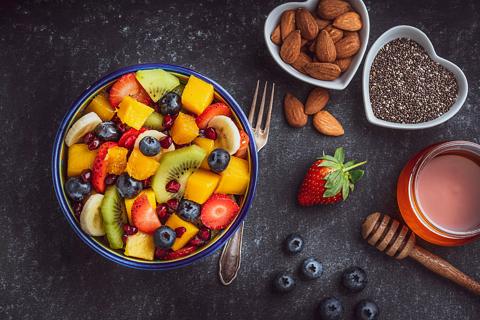
Stay hydrated, opt for fruits, veggies, whole grains and lean protein — and try to eat snacks and smaller meals throughout your day instead of larger portions
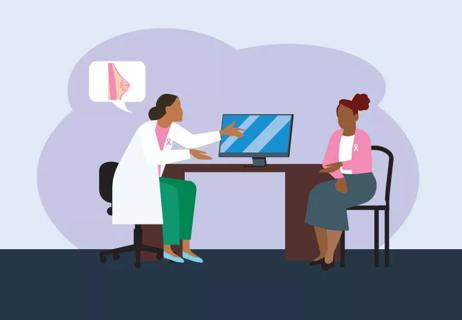
Being better informed can help you feel more confident about your care options and decisions
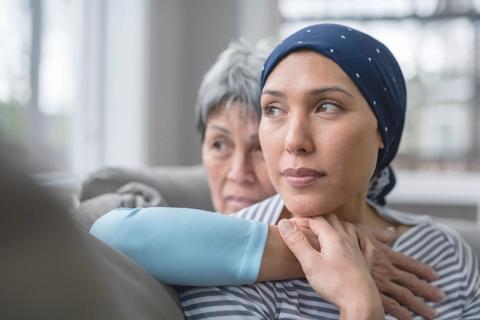
Certain genes passed down from either side of your family can put you at a higher risk for breast cancer and related cancers
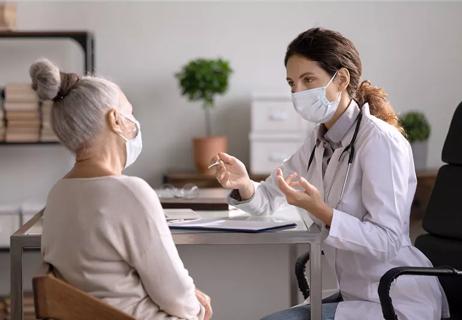
Palliative care offers a comprehensive network of support at any stage, from diagnosis to treatment and beyond

The answer is yes — but there are things you can do to help boost your energy
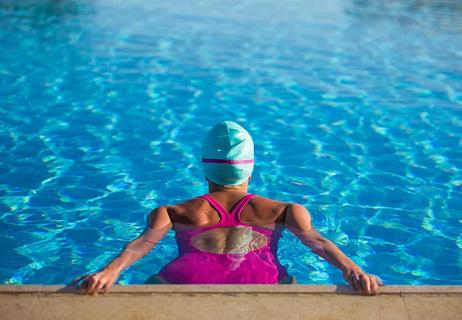
Physical activity and weight management can minimize your chances of getting the disease
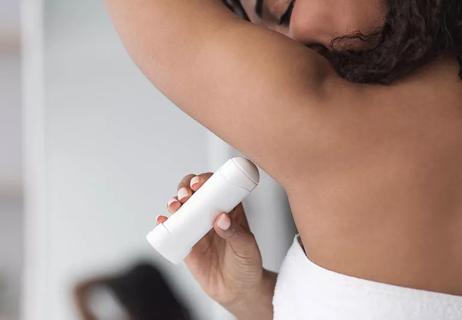
Research doesn’t show a link between the personal hygiene product and breast cancer
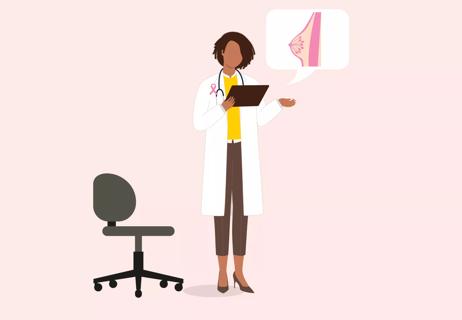
Lumps may move and you may feel pain, but breast discharge typically isn’t a sign of cancer

Focus on your body’s metabolic set point by eating healthy foods, making exercise a part of your routine and reducing stress

PFAS chemicals may make life easier — but they aren’t always so easy on the human body

While there’s little risk in trying this hair care treatment, there isn’t much science to back up the claims